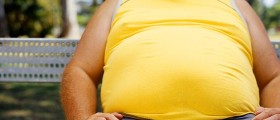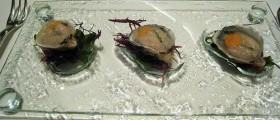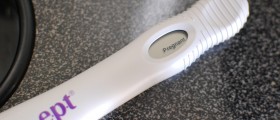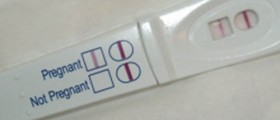
Men usually accumulate the maximum amount of semen during three to five days without ejaculation. After five days, the volume of semen does not continue increasing even if there is no intercourse or masturbation. An increased volume of semen can compensate for a low sperm count, and increase the chances of fertilization. Men also increase their chances of becoming fathers by avoiding tobacco and alcohol. Due to the ubiquitous presence of chemicals in food and the environment only about 37 percent of men who neither drink nor smoke have "normal" sperm counts. Only about 12 percent of men who are heavy drinkers have normal sperm counts, and only about six percent of men who smoke have normal sperm counts. Drinkers tend to have oligozoospermia, a low concentration of sperm in semen. Smokers tend to have asthenozoospermia, sperm that lack "swimming" ability. The greater the consumption of either alcohol or nicotine, the higher likelihood of these two male fertility issues.
Diet may also have an effect on male fertility. Eating foods rich in phytoestrogens, such as soy foods or beer (due to the plant estrogen content in hops), can reduce sperm production. Zinc and the B vitamin folic acid are important to male fertility because they encourage natural cell death, terminating the life cycle of the follicle cells that hold the sperm in place in the testes. Antioxidants are important to the ability of the sperm to fertilize the egg. Without an adequate supply of antioxidants, the DNA in the nucleus of the sperm cannot condense into the compact form that joins with the DNA in the nucleus of the egg. In addition to abstinence from ejaculation, alcohol, and tobacco, and attention to diet, men also benefit from changes in sexual technique. The missionary position results in the greatest projectile strength of the ejaculate, increasing chances of success while trying to conceive.

















Your thoughts on this
Loading...